Installing hardwood floors yourself can significantly reduce costs compared to professional installation. Material prices typically range from 3−10 per square foot, depending on wood species and quality. Oak and maple sit at the lower end, while exotic woods like Brazilian cherry cost more. Engineered hardwood often costs less than solid planks and is easier for DIY installation. Additional supplies like underlayment, adhesives, and trim add 1−2 per square foot. Renting tools like nailers, saws, and sanders may cost 50−150 daily. These variables make total DIY costs average 4−12 per square foot.
Labor savings account for 50-70% of total project expenses when doing it yourself. Professional installers charge 3−8 per square foot for labor alone. DIY eliminates these costs but requires more time and physical effort. Complex layouts with multiple angles or stairs increase difficulty and potential waste. Mistakes during installation can lead to additional material costs for replacements. First-time installers should budget 10-15% extra wood for cutting errors. These hidden factors impact the final savings compared to hiring professionals.
Site preparation affects both cost and installation success. Removing old flooring may require dumpster rentals (200−400) or disposal fees. Subfloor repairs like leveling compound or plywood underlayment add 0.50−1.50 per square foot. Moisture barriers are essential for concrete slabs (0.20−0.50 per square foot). Proper preparation tools like floor scrapers, grinders, or moisture meters increase initial expenses but prevent future problems. These necessary steps ensure the hardwood performs well long-term, avoiding costly early replacements.
Finishing costs vary based on project scope. Prefinished hardwood eliminates onsite finishing but costs 15-25% more than unfinished planks. DIY staining and sealing unfinished wood requires purchasing sanders, stains, and polyurethane (100−300 total). Water-based finishes dry faster but cost more than oil-based alternatives. Each additional coat increases material use and project timeline. Specialty finishes like hand-scraped or wire-brushed textures often justify higher material costs by hiding minor imperfections in DIY work.
Long-term value balances the initial DIY investment. Properly installed hardwood lasts 25-100 years, outperforming cheaper flooring alternatives. DIY projects using quality materials can increase home value by 3-5%. Refinishing costs (1.50−4 per square foot every 10-15 years) are lower than full replacements. Energy-efficient underlayments may qualify for tax credits in some regions. While the upfront DIY cost seems substantial, the decades of beauty and functionality make hardwood a wise financial decision for homeowners willing to invest the effort. Careful planning ensures the project stays within budget while achieving professional-looking results.
DIY Home Projects – Home Improvement Projects
Large hardwood flooring project – a few questions
Large hardwood flooring project – a few questions
Here’s the Cost to Refinish Hardwood Flooring
What Do You All Think About These Hardwood Floors? – Flooring – DIY Chatroom Home Improvement Forum
Hardwood Bedroom Flooring: Advantages and Disadvantages
How to Install a Hardwood Floor
Carpet vs. Hardwood Flooring: The Great Showdown
Hardwood Floor Alternatives – Cheap Flooring Ideas
Related Posts:
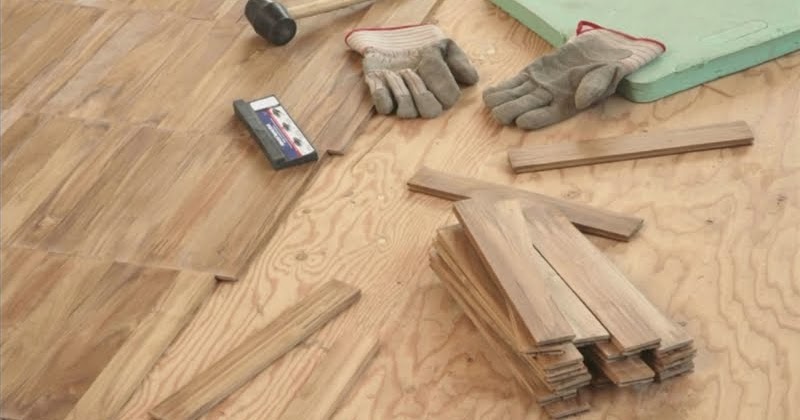

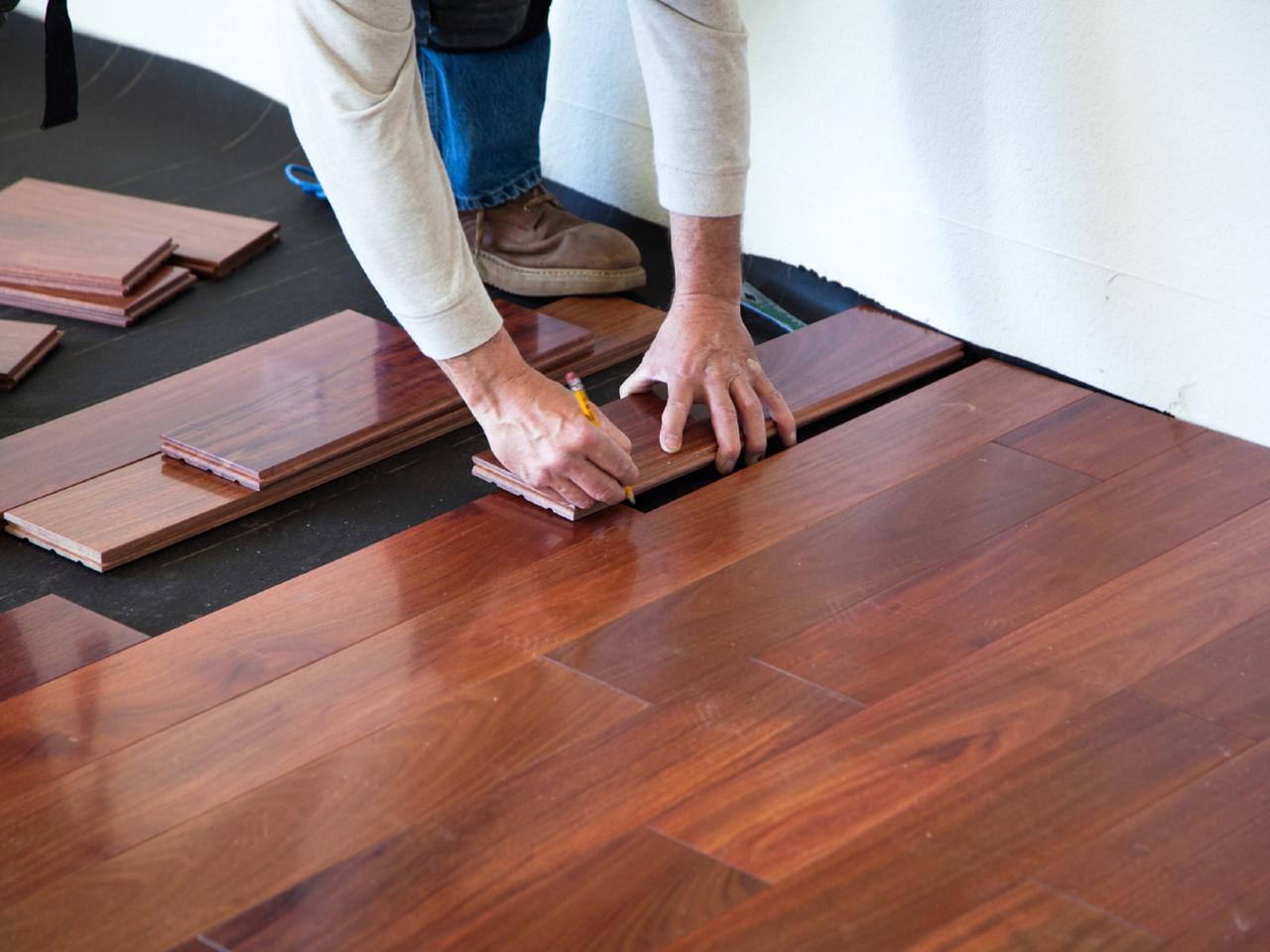
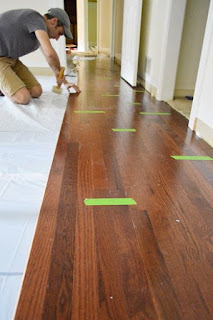

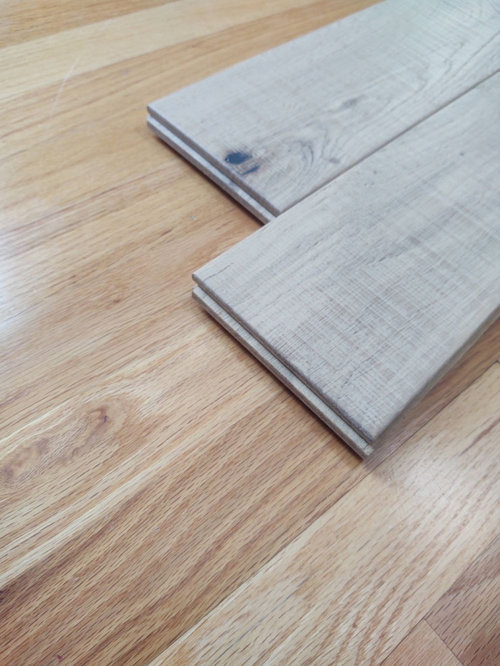

/168686572_HighRes-56a2fd773df78cf7727b6cb3.jpg)

/15-HSNY403_3010-56a2fc8e3df78cf7727b6ab0.jpg)
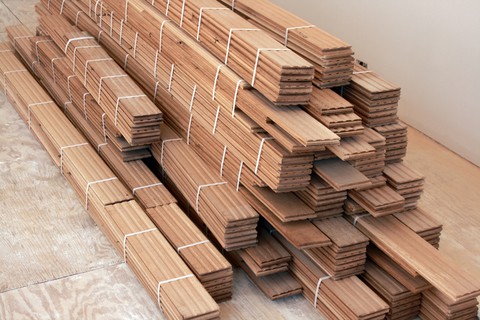
/wood-carpet-183823338-resized-56a2fd865f9b58b7d0d000ea.jpg)
